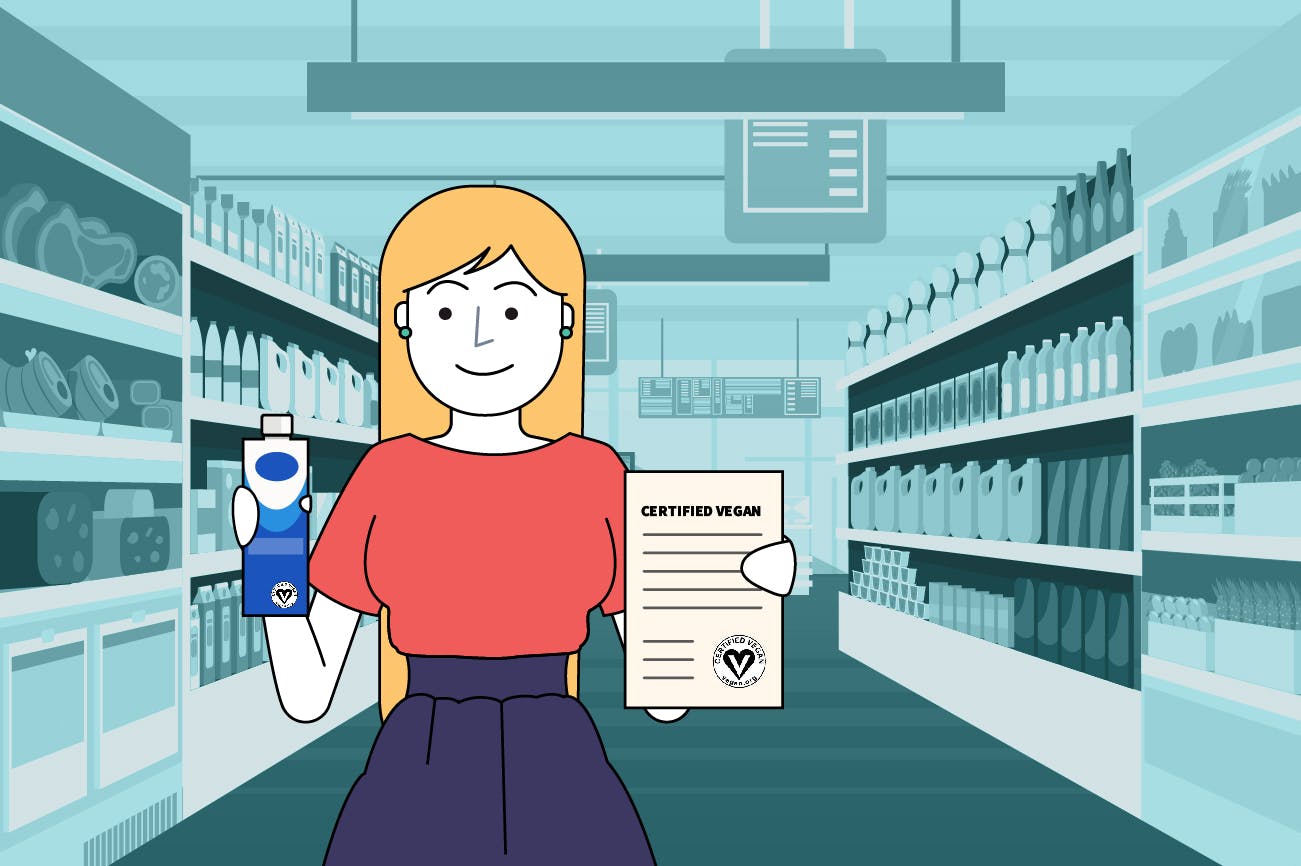When establishing yourself in the consumer packaged goods (CPG) world, little is more important than building up a base of loyal consumers and fostering a deep and reliable trust with them. If you don’t have consumers to buy your products on repeat, after all, you don’t have a business. And these days, a trusting consumer seems harder to come by than ever. There are so many options out there that one wrong move can send your hard-won consumers into the arms of another brand. A 2019 survey from Edelman revealed that 45 percent of consumers said if a brand displayed unethical behavior or was involved in a scandal, they would not be able to trust that brand again. What’s more, 40 percent of those who responded said they’d stop buying that brand altogether.
After the year we just had—goodbye, 2020, see ya never—consumer trust is more important than ever. The world was turned upside-down, and it still hasn’t fully righted itself. Consumers want reliability, and they want steadiness, and more often than not, they’re looking toward brands to play a part in filling those needs. Consumers want the products they need to be on the shelf when they need them and don’t want to have to worry about quality, price, or what controversial ad they’ve put up on social media.
Consumer trust is a tenuous thing. However, when carefully crafted and nurtured, it can also be a building block for your brand and help propel you to success. Read on for three ways to best earn—and keep—your consumers’ trust.
1. Be transparent
Like it or not, consumers today have more information at their fingertips than they know what to do with. Not only via smartphones and computers but also through social media platforms. Consumers are sharing information, comparing and contrasting experiences with brands with their peers or even complete strangers. Because of this, it is in a brand’s best interest to be as transparent as possible, and doing so will help foster consumer trust.
What does it mean for a brand to be transparent? It encapsulates a lot, really, from making sure your consumers understand your brand values and policies to providing a clear view of how you operate your business.
What’s more, whether a consumer shares a positive or negative experience with others, brands have to respect that consumer’s voice and experience. Brushing someone off just because you don’t like what he or she is saying will not win any bonus points with that consumer or others who might be watching. (And in today’s CPG environment, someone is always watching.)
It is vital, too, that brands are transparent when pursuing certifications. The certifying bodies have clear standards and policies that brands have to follow when pursuing certifications. Brands need to ensure their own transparency is on display when a certification is achieved.
2. Know thyself
If we’ve said it once, we’ve said it a thousand times—before a brand can develop any level of connection or trust with a consumer, they have to know themselves inside and out.
Why?
Simple: when you understand every inch of your brand from the inside out, you can better communicate who you are, what your products are—and what they’re not—and why they are the right fit for the right consumer. When you understand every nuance of your own brand, you can confidently explain why certain decisions were made or avenues of opportunity were pursued.
Take, for example, certifying your product. Undergoing the process to achieve any number of certifications, from Non-GMO to Kosher certification to Fair Trade, is no small endeavor. But in knowing your brand from head to toe, you can pinpoint exactly why pursuing these certifications is important not only to the brand, but why it is important—even necessary—for your consumers. Suppose Fair Trade-sourced or USDA Organic ingredients are a critical value for your consumers, then you, as a brand, understand that achieving those certifications can only help cultivate a loyal and trusting following. That authenticity will resonate with your consumers and show them that you are championing not just for your brand but also for its followers.
3. Know thy partners
Today more than ever, consumers are putting their values first when it comes to the products they buy. Information from a November 2019 Linkage Research’s Free From Forum Market Monitor, 59 percent of respondents said they purchase one or more items that have certifications. And 75 percent of consumers said one or more food certifications are important when choosing which product to buy, and, importantly, 78 percent said they’re willing to pay a premium for products with certifications. Those are significant numbers, to say the least, and brands are listening. Many are evaluating their products, pursuing the certifications that are meaningful for their customers and appropriate for their brand.
Achieving a certification is a serious undertaking, and it signals to your consumers that you’re listening, and you care about their needs and values, and you want to build their trust. However, part of that trust is built on knowing that the outside organizations you’re working with—whether a certifying body or other essential vendors—are as transparent and forthright as your own brand is. If consumers can’t trust all parties involved in the product, it undermines your own trustworthiness in their eyes. All parties involved in the production of your brand have to have the same level of commitment to the tenets and mission set forth by your brand, and if your product partners can’t or aren’t willing to meet that bar, they probably aren’t partners that can be counted on for the long term.
Earning—and keeping—consumer trust is a critical piece to success for CPG brands. By listening to consumers, following through on commitments to bringing them the products they want, and understanding your own brand and clearly conveying that to your consumers, brands can achieve so much more.


